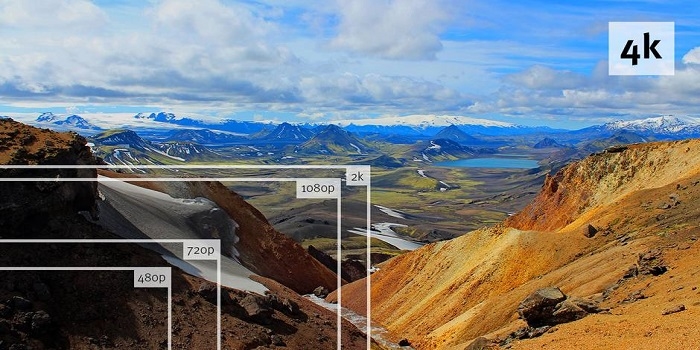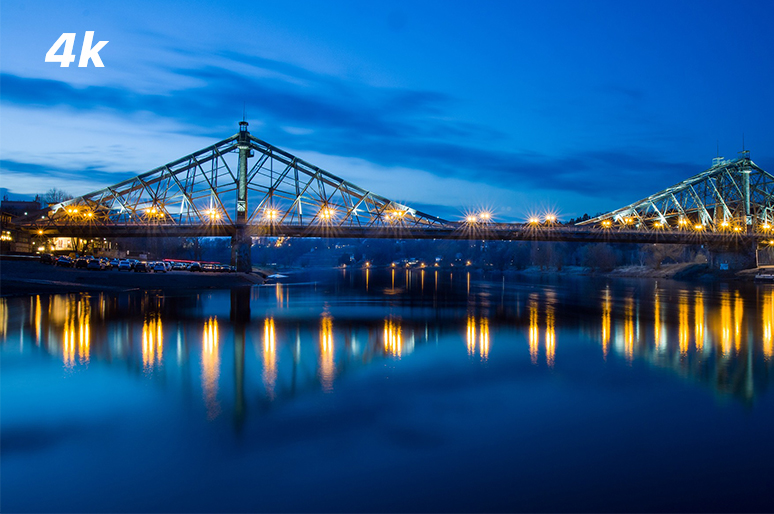@
ASUS-RT-AX82U
While an SSD is nice it's going to get expensive. 4TB - ~$400 / 8TB ~$1000 per drive.
4K recording from CCTV if it's like OTA it's going to make some big files. A 1080 / 1HR recording OTA makes a recording of ~6GB. Since recording 24/7 from such systems roll so, capacity might be an issue when going to SSD over spinner. 4K compounds things a bit with a larger file size. Since there's likely not high def audio involved the file size should be smaller. Also, the system might be using compression on the files.
Your security camera footage will require different amounts of space depending on its compression algorithm, frame rate, resolution, and more.

www.digitaltrends.com
Looking through that there's the potential of systems with local per camera storage and recommend 256GB SD card per camera.
Considering 4k CCTV? We assess three camera manufacturers and show you real world examples. Also, there are three most important questions you need to ask.

matryxconsulting.com.au
Comparing 1080 / 4K results it appears that the FHD will work better than a UHD setup. Then again it all depends on the sensors in the camera being able to pick up motion accurately.
Wonder what the 4K CCTV camera price is and how to get a lowest priced 4K camera? Check the 4K video camera price list here & learn the insider tips to score a best 4K camera price.
reolink.com
https://www.amazon.com/dp/B07K734ZTW/?tag=snbforums-20
This system has a 2TB drive for 4 cameras but you can swap out the drive for more retention time. I'm sure other systems can record to a "NAS" directly though this sone only records internally to the system installed drive. So, finding cameras that record to a NAS is one step and then deciding on how much footage you want to store before it rotates / deletes older footage.
Most of these systems outside of the PC option are about the size of a BR player / STB. They're not overly large. If you take into consideration of 2.5" vs 3.5" is only 1" difference in size. It's more about the weight of the drives or the longevity of the drives for data written. SSD's should last longer with no moving parts but. the main enticement is the speed.
Taking into consideration the need for recording I would still see a 8TB drive being handy for both personal backups and CCTV use. Though I would probably use separate drives or make backups of the data you "need".




